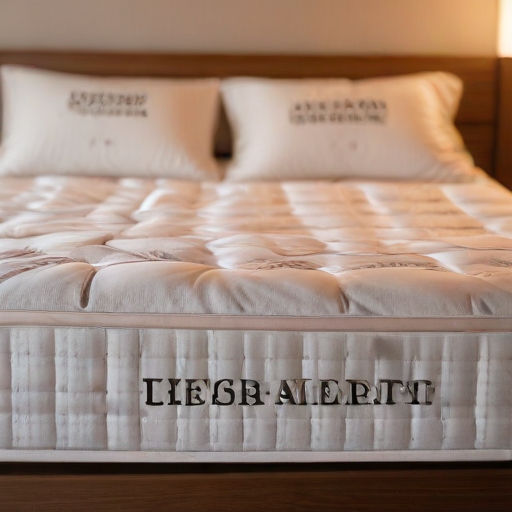The booming sleep industry has seen a rise in various products aimed at improving our rest, from advanced sleep trackers and luxurious mattresses to remedies such as melatonin. However, as more people struggle with insomnia and inadequate sleep, the question arises: Are these investments truly worthwhile?
In a recent episode of the Quartz Obsession podcast, host Rocio Fabbro interviews Dr. Michael Breus, a leading clinical psychologist and sleep specialist. The discussion dives into the complexities of sleep, the contemporary challenges faced, and the effectiveness of sleep-related products. Dr. Breus attempts to unravel the enigmas surrounding our sleeping patterns and the evolving nature of insomnia, which has reportedly been exacerbated by the advent of artificial lighting and societal stressors.
Historically, sleep disorders were minimal before the invention of the light bulb and the increase in nighttime activities, fundamentally altering sleep patterns. Dr. Breus emphasizes that a staggering 75% of insomnia cases stem from stress and anxiety, with the remaining 25% attributed to environmental factors. The alarming decrease in quality sleep has many people turning to their screens late at night, a practice he refers to as “doom scrolling,” which further complicates their ability to unwind.
To counter these modern sleep challenges, Dr. Breus outlines five actionable steps for better sleep: wake up at the same time every day, limit caffeine and alcohol, incorporate exercise, and engage in mindful routines upon waking. He stresses the significance of these adjustments in helping people rejuvenate their sleep quality.
Interestingly, the topic of genetics plays a critical role in understanding our sleep habits. It has been suggested that there are different chronotypes, or natural sleep preferences, that affect how much sleep individuals need. Recognizing whether someone is an “early bird” or “night owl” can significantly influence their lifestyle choices and overall well-being.
Dr. Breus also addresses the misconceptions surrounding sleep, most notably the overly simplistic notion that everyone needs eight hours of sleep per night. He argues that quality trumps quantity and encourages listeners to focus on how they feel upon waking instead of fixating on a specific number of hours slept.
Through practical guidance and insights into sleep science, Dr. Breus inspires hope for those battling sleep issues. With conscious changes and self-awareness, it is indeed possible to improve sleep, which in turn can positively impact overall health and productivity. The future holds potential for innovative solutions, merging technology with our fundamental need for restorative sleep.
In summary, if we can learn to navigate our busy lives while still prioritizing sleep, the days of tossing and turning may soon become a thing of the past. Improving sleep hygiene can spark a transformative journey towards better mental and physical health.
